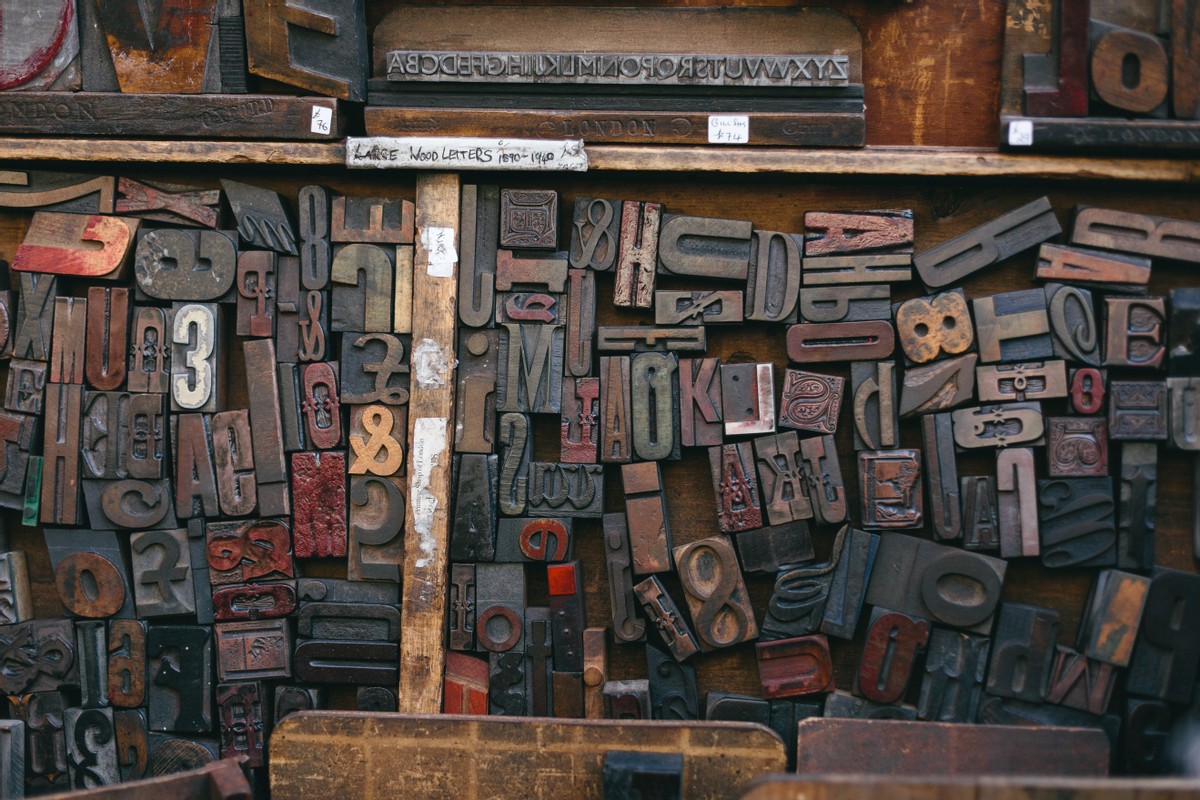
Today I played a word game like I do everyday. It's an equivalent of the famous Wordle but in French, my native language. I couldn't find the right answer. I had the letters DECA_E. I tried the words “décalé”, “décapé” and “décavé”. The answer was “décade”, which I've never heard in French. I looked it up in the dictionary. It has two definitions. The first one is “ten days”, the second is “ten years”. How such a word could possibly be relevant in any language? Just imagine somebody saying: “Their relationship lasted for two decades.” and you wouldn't know wether that would be twenty days or twenty years. Obviously such a word would soon be discarded and would turn into a ghost for dictionaries and a trick for word games. I guess that's what happened to our french word “décade”. The word we actually use for “ten years” is “décennie”. And I've never heard anyone saying anything else than “dix jours” or “une dizaine de jours” meaning “ten days”.
But I wouldn't be suprised to hear a French speaker from Quebec using the french word “décade” meaning “ten years” because of the huge influence English has on French there. When I was in Montreal, I heard people using the french verb “supporter” with the meaning of the english “to support” (to help) and the verb “assumer” with the meaning of the english “to assume” (to believe), which was very weird to me as a French guy. When a word exists with a similar form in both French and English but with different meanings, it's difficult for the people who speak both languages in their everyday life to hold the separation. English influences France French too but more slowly, with a delay, helped by Quebec French.
The question is: is that a problem or a blessing? When french speakers will start to use “décade” meaning “ten years”, it will be a bit sad to have two words meaning the same (“décade” and “décennie”) though we could have chosen to use “décade” only for “ten days”, so both words would have two different meanings. That would increase the expressive power of the language. But I don't think that will ever happen because languages don't evolve by following a logical and relevant plan, except for Esperanto maybe. So I can easily imagine that decades from now, people will use the word “décade” meaning “ten years”, the word “décennie” which we use nowerdays will turn into a ghost for dictionaries and a trick for word games and so what? French is becoming less different from English. That will make it easier to learn for people who already know English, i.e. almost everybody. Is that desirable? Will this phenomenum apply only to words that have a similar form in English and any other languages? Or is it only the begining of a bigger homogenization, and a loss of language diversity? How bad or good would that be for humanity? And above all, would that help me to win more word games?
In English, the words biweekly and bimonthly have the same exact issue. They can both mean the same thing or different things. https://www.merriam-webster.com/words-at-play/on-biweekly-and-bimonthly
This is a real nice piece of writing. It flowed very naturally, I had no problem reading it, and it was a very interesting topic. I particularly enjoyed the last sentence. Nice!
Good luck in your future word games!
Thanks a lot to both of you for your corrections and comments. The article about “biweekly” and “bimonthly” was very interesting. We kind of have the same issue in French with “bimensuel” and “bimestriel”. The former means “twice per month” and the second one means “every other month” but people often mix them up. In this kind of situation I'm happy about having a linguistic authority as a reference. I think this is the only case in which I'm glad about our Académie française !
Very interesting text! Who knows? Let's see what happens in the next "décades".